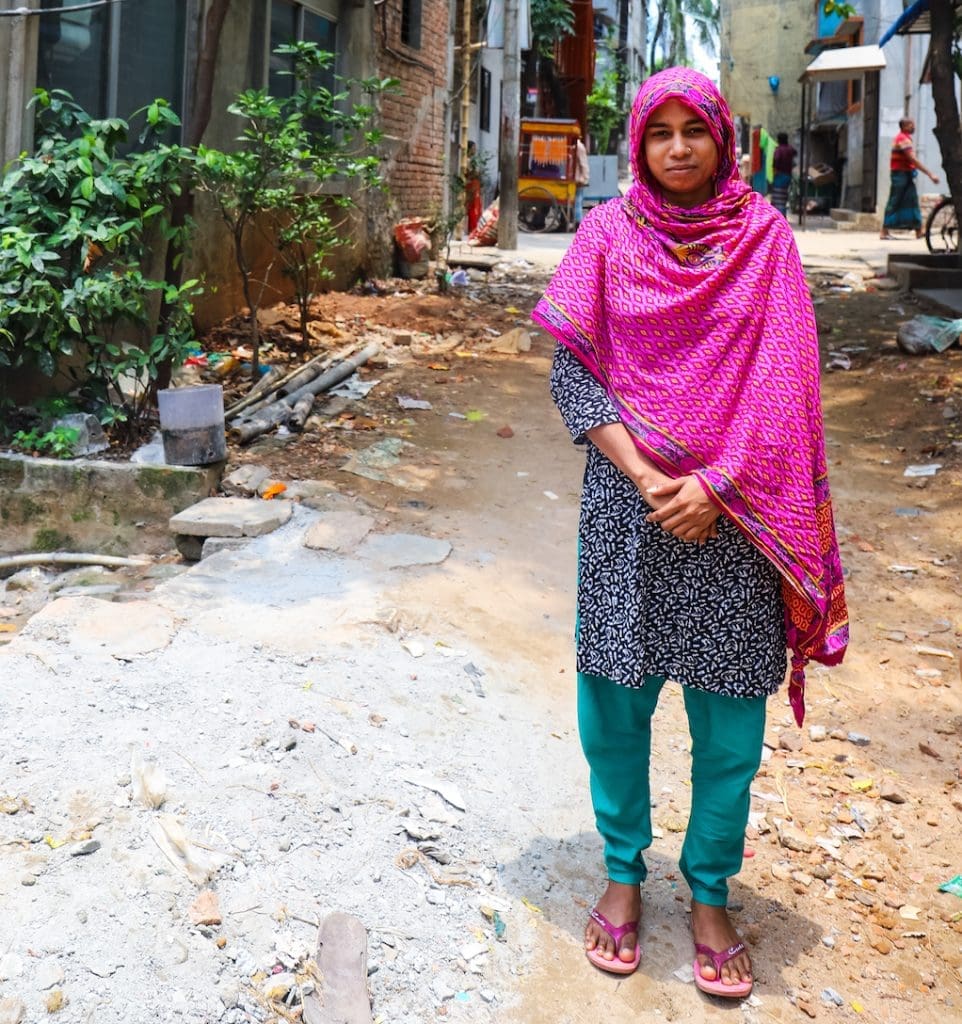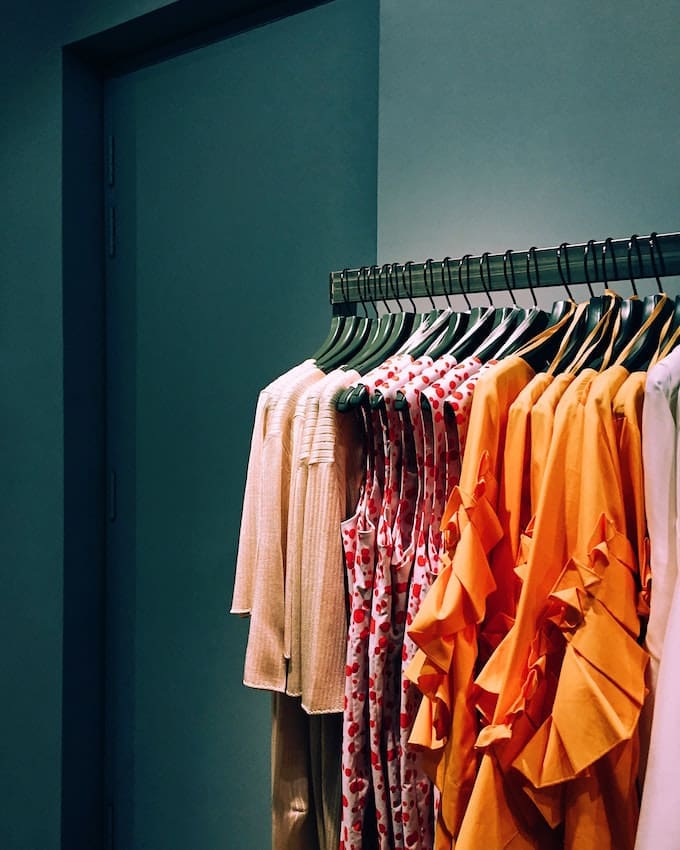It is only in the past few years that I, as a shopper, have become all too aware at the cost of what my shopping habit takes on both the planet and the people who make the clothes. While so many of us as consumers are slowly starting to wake up to the dark side of the fashion industry, the Ethical Fashion Guide has been doing the leg work for years – annually putting out a report that tells us which of our local brands are doing the necessary mahi to look after the people making our clothes at every step. It was already not an easy challenge and then you take the impact of Covid-19, which has decimated the lives and businesses of so many people in the fashion world – right from those working in factories through to the designers themselves.
It is more important than ever that we use our money wisely and support brands that support their workers. Early on in 2020, Tearfund – along with Baptist World Aid Australia – developed the Covid Fashion Commitments in early 2020 to encourage fashion companies to stay the course when it came to looking after their workers, throughout the effects of Covid-19.
These commitments include identifying and supporting the workers at greatest risks, ensuring workers’ rights and safety were respected and supporting workers’ wages by honouring supplier commitments. That final commitment is no small feat in a post Covid-19 world; order worth $3.2 billion have been cancelled by global brands, affecting 2.26 million workers in Bangladesh. The early months of 2020 saw the world’s 50 million garment workers lose wages totalling $US5.79 billion – and those were the early months. As spending drops, as orders are cancelled, it is those who were already vulnerable who feel the effects, both worse and more long-term.

To put together its special ethical fashion report – called the Covid Fashion Report, which came out today – Tearfund looked into 96 companies, which cover a total of 428 brands (39 international, 50 from Australia and 11 from New Zealand). In good news, 80% of NZ companies assessed could provide some evidence that they had upheld those crucial Covid Fashion Commitments. Those companies included AS Colour, Hallenstein Brothers, Glassons, Icebreaker, Kathmandu, Macpac and Freeset T-shirts. For big brands like Glassons, who are a Kiwi stable due to their fast turnaround of styles – and the fact that they’re in every mall around the country – meant making a big commitment to getting it right at every level of the process, says April Ward, Glassons NZ CEO.
“We have built strong relationships with our suppliers, many who we have worked with for many years, and we’re proud of our continued improvements towards helping to ensure worker welfare,” she says. “We have been focused on the people in our supply chain for many years, knowing how important our supply partners are and the people who make our clothes is the foundation of our ethical journey and we are proud of what we have achieved.”


It’s not just worker rights that require constant commitment, it’s also creating a business model that impacts the environment less. The fashion industry is one of the most wasteful in the world, behind only oil and animal agriculture. “We believe it is our responsibility to minimise environmental impact and ensure quality sustainable fashionable product that is accessible and affordable to our customer… by the end of the year, we aim to have 30% of our Glassons range sustainably sourced. We’re pleased with our progress to date but we also recognise that we are only at the start of this journey,” April says.
It’s something she says that the Glassons customer is becoming more “informed and passionate” about as well.
“We encourage customers to be conscious when purchasing their garments and to buy sustainable or planet conscious where possible,” April says. “We have aligned ourselves with globally recognised certifications which verify the source of materials and provides the certification we believe is important.”
Glassons has also moved away from its purely fast-fashion roots, offering pre-loved vintage fashion as well. “Vintage clothing can be revived and worn again, and upcycled styles can offer end-of-life solutions to pieces that would otherwise end up in landfill.”
Making clothes from sustainable fabrics, in factories with good, healthy working conditions, can then result in clothing that not only has a good impact, it also stands the test of time better – leading to less waste. It’s a good full circle way of looking at where you spend your money – and the Tearfund ethical clothing guide makes making informed spending decisions that much easier.
For more information, visit Tearfund to read the full report

